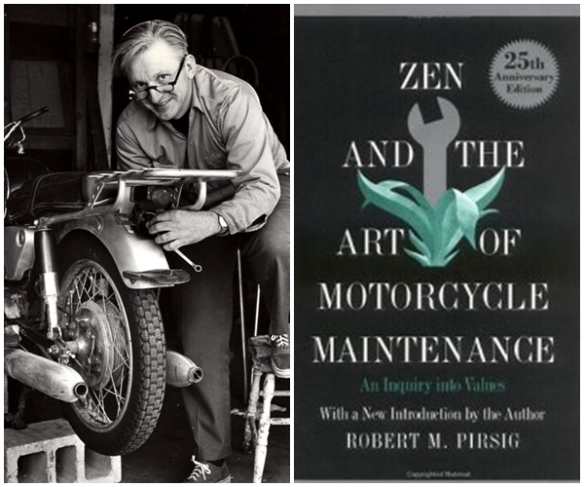1/
Only the autodidacts are free.

We need randomness, mess, adventures, uncertainty, self-discovery, near-traumatic episodes, all those things that make life worth living, compared to the structured, fake, and ineffective life of an empty-suit CEO with a preset schedule and an alarm clock.
Antifragility is beyond resilience or robustness.
The resilient resists shocks and stays the same; the antifragile gets better.
They thrive and grow when exposed to volatility, randomness, disorder, and stressors and love adventure, risk, and uncertainty.
Wind extinguishes a candle and energizes fire.
Likewise with randomness, uncertainty, chaos: you want to use them, not hide from them.
You want to be the fire and wish for the wind.
Technology is the result of antifragility, exploited by risk-takers in the form of tinkering and trial and error, with nerd-driven design confined to the backstage.
My dear Socrates … you know why they are putting you to death? It is because you make people feel stupid for blindly following habits, instincts, and traditions. You may be occasionally right. But you may confuse them about things they’ve been doing just fine without...
If there is something in nature you don't understand, odds are it makes sense in a deeper way that is beyond your understanding.
The irony of the process of thought control: the more energy you put into trying to control your ideas and what you think about, the more your ideas end up controlling you.
Modernity has replaced ethics with legalese, and the law can be gamed with a good lawyer.
Primitive societies are largely free of cardiovascular disease, cancer, dental cavities, economic theories, lounge music, and other modern ailments.
It is as if the mission of modernity was to squeeze every drop of variability and randomness out of life— with the ironic result of making the world a lot more unpredictable, as if the goddesses of chance wanted to have the last word.
Tragedy of modernity: as with neurotically overprotective parents, those trying to help are often hurting us the most.
My characterization of a loser is someone who, after making a mistake, doesn’t introspect, doesn’t exploit it, feels embarrassed & defensive rather than enriched with a new piece of information.
These types often consider themselves the “victims” of some large plot.
If you have more than one reason to do something, just don’t do it.
It does not mean that one reason is better than two, just that by invoking more than one reason you are trying to convince yourself to do something.
Obvious decisions require no more than a single reason.
Never ask the doctor what you should do. Ask him what he would do if he were in your place. You would be surprised at the difference.
He who has never sinned is less reliable than he who has only sinned once.
And someone who has made plenty of errors—though never the same error more than once—is more reliable than someone who has never made any.
The trick is to be bored with a specific book, rather than with the act of reading.
And you find gold, so to speak, effortlessly, just as in rational but undirected trial-and-error-based research.
Never listen to a leftist who does not give away his fortune or does not live the exact lifestyle he wants others to follow.
The excess energy released from overreaction to setbacks is what innovates.
It is only when you don’t care about your reputation that you tend to have a good one.
Few understand that procrastination is our natural defense, letting things take care of themselves and exercise their antifragility; it results from some ecological or naturalistic wisdom, and is not always bad.
Abundance is harder for us to handle than scarcity.
More data—such as paying attention to the eye colors of the people around when crossing the street—can make you miss the big truck.
Never ask anyone for their opinion, forecast, or recommendation.
Just ask them what they have—or don’t have—in their portfolio.





